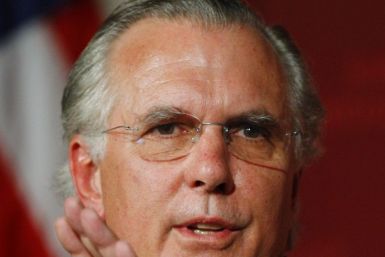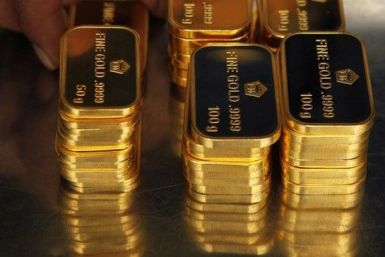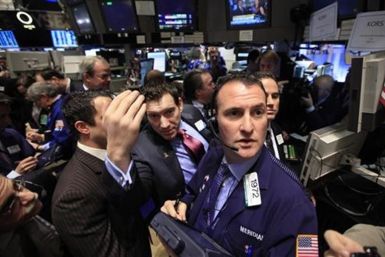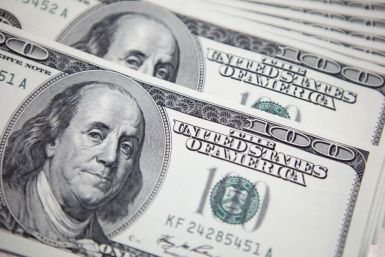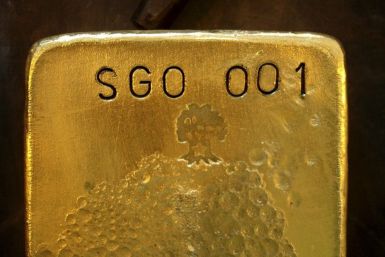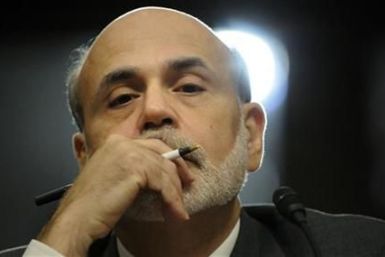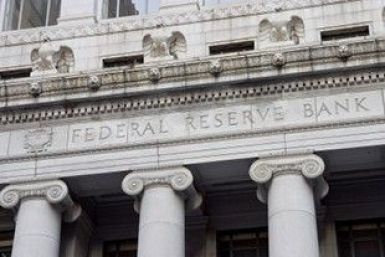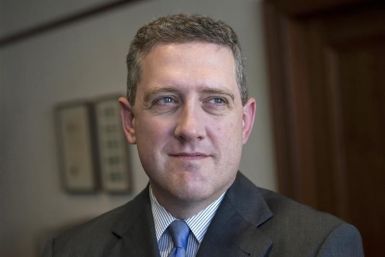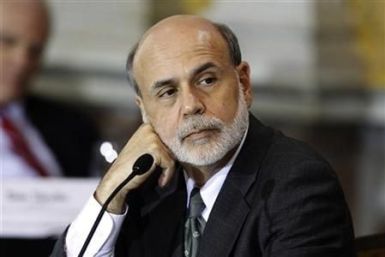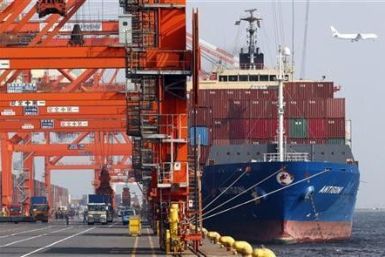Decrying calls on Wall Street for further quantitative easing (QE3), Richard Fisher, President and CEO of the Federal Reserve Bank of Dallas called on the nation’s lawmakers to follow the fiscal examples set by Mexico and Texas in a speech Monday.
Only a dire situation would call for the Federal Reserve to buy more assets, and that is unlikely given the better-looking economic data, a top central bank official said on Monday.
Gold prices slid below $1,700 an ounce in Europe on Monday as weaker-than-expected euro zone economic data lifted the dollar versus the euro, and as appetite for assets seen as higher risk, like stocks and commodities, suffered after China set its lowest annual growth target in eight years.
Britain will avoid recession and Bank of England will not need to inject any more stimulus but the recovery will be weak, says British Chambers of Commerce.
To talk bullish on gold looks like a risky proposition at the moment -- last Wednesday, gold saw one of the most brutal routs in a year when it tumbled five percent. It indeed recovered 1.5 percent the next day, broadly symbolizing the roller-coaster ride of bullion in recent times.
U.S. stocks advanced Thursday buoyed by a strong weekly jobless claims numbers and solid monthly sales from retailers. Meanwhile, European markets were lifted by a well-received Spanish auction and news that Greece is one step closer to winning a €130 billion ($173.15 billion) bailout.
Most Asian stocks declined Thursday as the lack of explicit hints about further quantitative easing from Fed Chairman Ben Bernanke disappointed investors.
The Nasdaq composite index crossed 3000 for the first time in more than a decade but finished in red following the testimony from Federal Reserve chairman Ben Bernanke which checked market expectations of more monetary easing.
Spot gold rose more than 1 percent Thursday, recovering from its biggest fall in more than three years in the previous session when U.S. Federal Reserve Chairman Ben Bernanke failed to signal further monetary easing.
Precious metals and the broader market headed in opposite directions Wednesday, with gold taking its biggest single-day dive in two-and-a-half months, as a February full of good economic news helped drive the price of precious metals down on the day and month as a whole.
China's 11th National People's Congress (NPC), the Chinese Parliament and top legislative body, will convene its fifth annual meeting Monday to set such key 2012 economic objectives as a lower target for economic growth, while keeping inflation steady.
Fed Chairman Ben Bernanke said Wednesday job growth was better than expected and inflation under control, leaving markets thinking central bank intervention was a long way off. The upshot was a dollar rally that hammered gold, stocks and government bonds.
Gold fell 3 percent on Wednesday for its biggest one-day drop in 2-1/2 months, as a dollar rally following U.S. Federal Reserve Chairman Ben Bernanke's comment on an encouraging job recovery prompted funds to heavily unwind bullish bets.
The U.S. economy grew a bit faster than initially thought in the fourth quarter on slightly firmer consumer and business spending, which could help to allay fears of a sharp slowdown in growth in early 2012.
Federal Reserve Bank of San Francisco President John Williams defends the Fed's aggressive monetary policy, citing continuing reverberations from the housing crash.
Top Federal Reserve officials said on Friday the U.S. central bank's ultra-easy monetary policy is appropriate for a sluggish economy but one policymaker said further easing would only be warranted if conditions worsen.
The Federal Reserve should only embark on a third round of large-scale bond purchases if the U.S. economy deteriorates and inflation drops, and we are not there yet, a top Fed official said on Friday.
Dallas Federal Reserve Bank President Richard Fisher said on Thursday U.S. economic conditions were improving and repeated his view that further easing from the U.S. central bank was not needed.
The second dose of cheap cash from the European Central Bank at the end of this month should spread more broadly across financial markets than the first, sweeping money into non-bank corporate bonds.
U.S. central bank officials have good reason to be skeptical about the strength of the economy: excessive optimism has caught them flat-footed before.
Expansionary monetary policy globally could spark a repeat of the inflation run-up seen in 2011, said Spyros Andreopoulos, an economist with Morgan Stanley in a Global Economic Forum commentary.
Japan reported a record-high balance of trade deficit in January as last year's tsunami combined with floods in Thailand, the Eurozone's sovereign debt crisis, a slowing Chinese market and a soaring yen to leave the world's third-largest economy with its first trade deficit since the last century.







